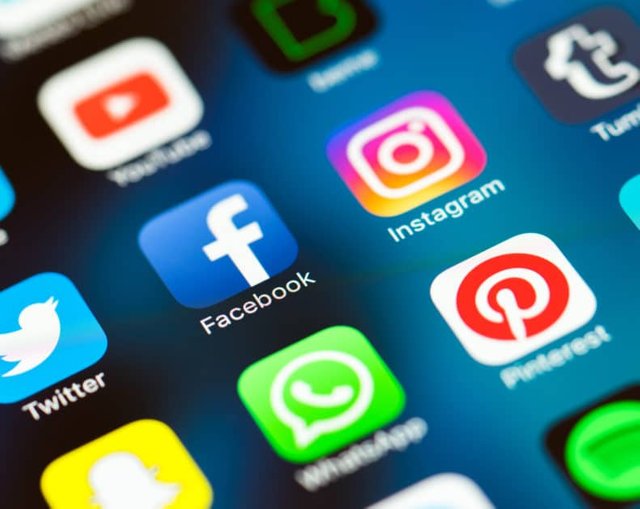How Social Media Impacts Mental Health

Researchers are discovering that there are some downsides to social media, particularly with regard to mental health.
Social Media Use May Contribute to Depression
In fact, for a technology that's supposed to bring people closer together, it can have the opposite effect especially when disagreements erupt online. What's more, social media has been linked to depression, anxiety, and loneliness. It can even make people feel more isolated and alone.
In fact, one study found that young people who use social media more than two hours per day are much more likely to categorize their mental health as fair or poor when compared to occasional social media users.2
Meanwhile, a large-scale study found that occasional users of social media are three times less likely to experience symptoms of depression than heavy users.3
Social Media May Hurt Your Self-Esteem
Aside from the increasing risks for depression and anxiety, social media impacts mental health in a number of other ways too.
For instance, social media can cause you to experience feelings of inadequacy about your life and your appearance. Even if you know that the images you see online are manipulated or represent someone else's highlight reel, they can still cause feelings of insecurity, envy, and dissatisfaction.4
The Fear of Missing Out
Another mental health phenomenon associated with social media is what is known as FOMO, or the "fear of missing out." Consequently, social media sites like Facebook and Instagram seem to exacerbate the fear that you're missing something or that other people are living a better life than you are.5
In extreme cases, FOMO can cause you to become tethered to your phone where you are constantly checking for updates or responding to every single alert.

Social Media Can Lead to Self-Absorption
Social media use also can cause people to become self-absorbed. Sharing endless selfies as well as your innermost thoughts on social media can create an unhealthy self-centeredness that causes you to focus on crafting your online image rather than making memories with your friends and family members in real life.
In fact, strenuous efforts to engage in impression management or get external validation can have psychological costs, especially if the approval you're seeking is never received. Ultimately, the lack of positive feedback online can lead to self-doubt and self-hatred.
Impulse Control Issues
Likewise, excessive social media use can lead to impulse control issues, especially if you access your social networks using a smartphone. This means that you have round-the-clock access to your accounts which not only makes it easy for you always to be connected, but it also can affect your concentration and focus. It can even disturb your sleep and make you a slave to your phone.
Thanks for reading the article,
Juan Lans.